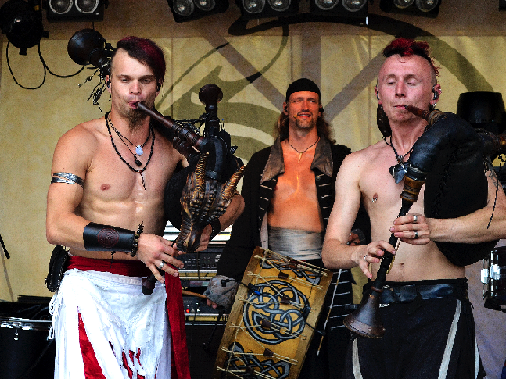| Seite 3 |
Übung 6-3a: Romanze im Perfekt 2.
- Identify the strong verbs and find their category in the table of strong verbs on Seite 11.
- Was bedeuten die Sätze auf Englisch? Translate the German sentences. Note that half of the sentences have been changed to yes-no questions.
- Jedes Wochenende habe ich den Bus genommen und bin zu dir gekommen.
________________________________________________________________________
- Bin ich mit dir geschwommen?
________________________________________________________________________
- Ich habe dein Herz gewonnen.
________________________________________________________________________
- Habe ich dich gefragt?
________________________________________________________________________
- Du hast mir gesagt.
________________________________________________________________________
- Habe ich Spass gemacht?
________________________________________________________________________
- Du hast dann gelacht.
________________________________________________________________________
- Habe ich bei dir gesessen?
________________________________________________________________________
- Ich habe mit dir gegessen.
________________________________________________________________________
- Habe ich für dich gesungen?
________________________________________________________________________
- Das Lied hat gut geklungen.
________________________________________________________________________
- Bin ich dir treu geblieben?
________________________________________________________________________
- Ich habe dir oft geschrieben.
________________________________________________________________________
- Habe ich den Brief gelesen?
________________________________________________________________________
- Es ist so schön gewesen.
________________________________________________________________________
Übung 6-3b. Mein Wochenende.
|
|
Was ___________________________ am Wochenende gemacht hat:
Freitag: _____________________________________________________________________________
Samstag: ____________________________________________________________________________
Sonntag: ____________________________________________________________________________
Was ___________________________ am Wochenende gemacht hat:
Freitag: _____________________________________________________________________________
Samstag: ____________________________________________________________________________
Sonntag: ____________________________________________________________________________
MusikA brief overview, part 1German popular music in the twentieth century has been heavily influenced by foreign culture, and probably most by the United States.Very often songs by popular German bands and singers are in English, in order to reach an international audience. Yet very often German music creates its own flavors that appeal specifically to German listeners. The types of contemporary popular music in Germany will mostly look familiar, but the focus here will be on German songs sung in German.
Categories
|
- kapitel 6, Seite 1
- kapitel 6, Seite 2
- kapitel 6, Seite 3
- kapitel 6, Seite 4
- kapitel 6, Seite 5
- kapitel 6, Seite 6
- kapitel 6, Seite 7
- kapitel 6, Seite 8
- kapitel 6, Seite 9
- kapitel 6, Seite 10
- kapitel 6, Seite 11

